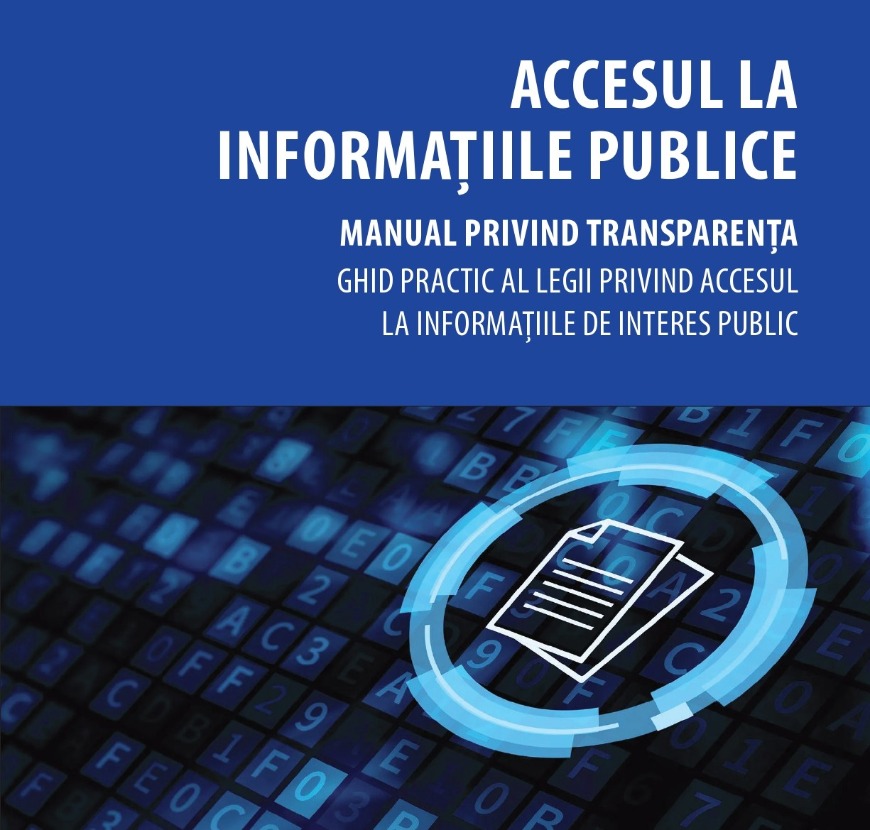„ We are the directors of our lives and in the end, we have the film of our life according to the scenario that we wrote ”. This was just one of the thoughts accompanying the third edition of the documentary films CARAVAN organized by the Council of Europe in partnership with Telefilm Chisinau.
The CARAVAN took place during the Council of Europe Week of 10-16 July in three localities of the Republic of Moldova, gathering audience eager to watch the documentaries and to discuss.
The first screening took place inside the penitentiary facility in Rezina, on 14 July, where the detainees had the opportunity to watch two movies. The documentary ”The sky without stars”, directed by the young filmmaker Victor Popovici, who is also the author and main character of the film, is based on the story of a 12-year-old boy, who gradually loses his sight and remembers the last time he saw the stars in the sky. The second film “Flight”, directed by Eugeniu Popovici, artistically renders the life of well known writer - Vladimir Beșleagă.
Both documentaries had a strong impact on the public. The viewers expressed their feelings and thoughts, they quoted from Eminescu and said that ”The message of both documentaries is never to give up when we meet obstacles and that we must take the best out of any situation in life”.
On the second day, the CARAVAN arrived in the village situated on the bank of the Nistru river - Slobozia-Vărăncău, where a small room in the school gathered all those who wanted to see the film about their village and about their hero - Vera Comendant, who laid the foundations of a village museum and is looking for resources to renovate a building for all the exhibits. During the discussions, the participants emphasized the value of Ms. Comendant's work, the mayor emphasising the fact that ”without past we have no future, that is why we will go all the way till the end and will arrange this museum”.
On the last day of CARAVAN, on 16 July, the film ”Liliana's Voice”, directed by Roman Gațcan, was screened inside the house of culture in Ștefan Vodă, at the presence of the heroine – Liliana Marii. This is a film about a woman who sees the world differently, suffering from dwarfism. Overcoming many obstacles, Liliana became an active member in society, coordinating several successful projects, including the artistic group "Vocea Tăcerii" which appreciated also abroad.
The film and the heroine impressed everyone in the room. After the screening, people approached Liliana to hug her, to encourage, and tell her that she was a role model. ”If we all acted the way you do, our society would be different, it would be better” said the mayor of Ștefan Vodă, Vladislav Cociu. Other spectators thanked Liliana for her sincerity, kindness and altruism, noting that ”in a person of small stature, there is such a great soul! In the film you named things by their name, and your message conveys hope, ideas, support and will”.
At the end, Mircea Surdu, the director of Telefilm-Chisinau, stressed the importance of organizing these screenings throughout rural areas. ”If in Chisinau, the inhabitants have several cultural events that they can attend, in the villages there are no such opportunities, this is why it is important to offer to the people in the countryside this opportunity”, Mr Surdu said and thanked the Council of Europe for its comprehensive support.








